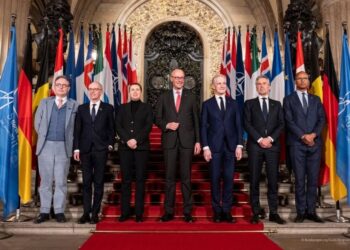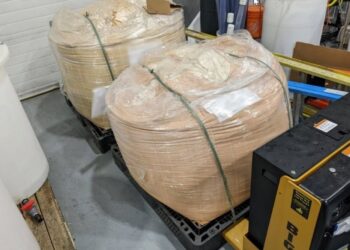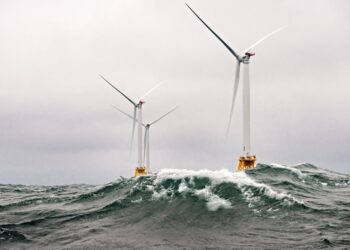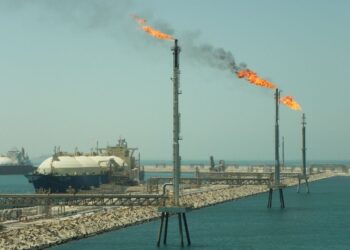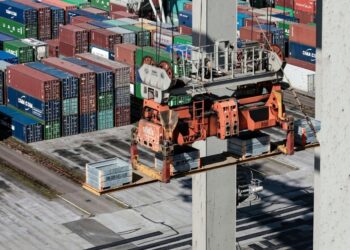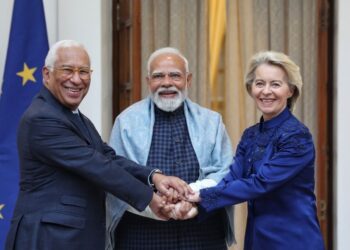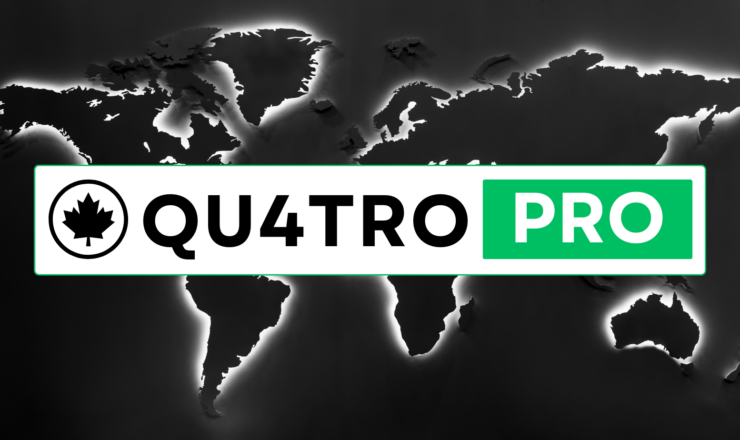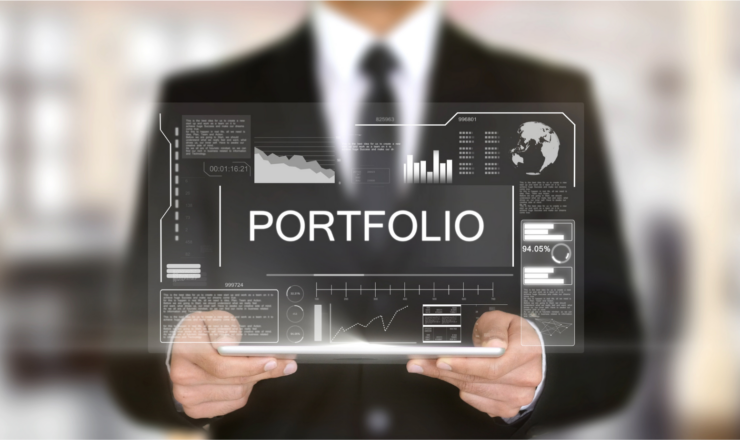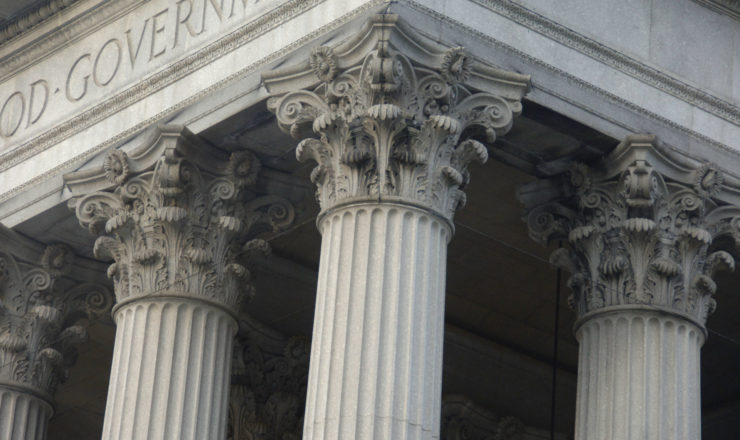Read Industry Insights
-
Bornholm hub shifts offshore wind from national projects to shared grid
Denmark and Germany have effectively put the Bornholm Energy Island back on the rails by agreeing to move ahead together with the cross-border offshore wind hub, with Danish Prime Minister Mette Frederiksen presenting the decision alongside German Chancellor Friedrich Merz at an energy gathering in Hamburg.
In political terms, the message is that what had become a difficult, cost-heavy infrastructure concept is now being treated as a shared strategic priority rather than a Danish national megaproject that Germany merely benefits from at the margin.
January 27, 2026 -
China courts offshore liquidity for onshore metals markets
Beijing is taking another step toward turning its domestic futures exchanges into venues that matter beyond China’s borders. The China Securities Regulatory Commission said it will open 14 additional onshore futures and options products to overseas participation, explicitly including nickel contracts on the Shanghai Futures Exchange and lithium carbonate contracts on the Guangzhou Futures Exchange.
The regulator asked exchanges to begin implementation preparations but did not attach a start date, which suggests the policy direction is settled even if the operational timeline still needs plumbing, by clearing, broker access, account structures, and collateral rules.
January 27, 2026 -
Chinese miners tap bond markets as metals boom revives deal hunger
China’s large mining houses have started 2026 signaling that capital discipline is taking a back seat to a more urgent objective: locking in future metal supply while prices and deal valuations are moving quickly. Within January alone, CMOC and Jiangxi Copper outlined roughly $4.8 billion of bond fundraising between them, already a substantial fraction of what China’s whole listed mining sector raised across 2025.
The stated use of proceeds, that are, capacity expansion and acquisitions, matters as much as the sum: it suggests management teams see the current price cycle as an opportunity to buy or build assets before competition and costs rise further.
January 27, 2026 -
Offshore wind becomes a sovereignty asset as Europe hedges LNG exposure
Europe’s North Sea governments are trying to turn offshore wind from a collection of national projects into a shared piece of continental infrastructure.
At the Future of the North Sea Summit in Hamburg, energy ministers from the UK, Belgium, Denmark, France, Germany, Iceland, Ireland, Luxembourg, the Netherlands and Norway signed what is essentially a political commitment to co-develop around 100 gigawatts of offshore wind in shared economic waters, alongside the grid architecture needed to move that power across borders rather than trapping it within national systems.
January 27, 2026 -
India pitches $500bn energy buildout as investor play at Energy Week
Prime Minister Narendra Modi used the opening of India Energy Week 2026 to frame India’s next phase of energy build-out as an investor-led infrastructure story, arguing that the country’s push for “energy independence” creates as much as $500 billion in investable opportunity across the energy system.
He positioned the opportunity less as a single mega-project than as the cumulative spend required to expand, modernize, and secure the plumbing of a fast-growing economy, including refining, transport logistics, gas infrastructure, and upstream exploration, so India can rely less on imported fuels and imported capabilities.
January 27, 2026 -
Tariffs are now hitting margins as consumers reject higher prices
U.S. executives spent much of last year telling investors that tariffs were a nuisance, not a thesis-breaker. Early earnings-season language is now shifting in a more uncomfortable direction: tariffs are showing up in the two places markets care about most, prices and margins, and the consumer is increasingly resistant to paying more.
The dynamic is straightforward. Many retailers and manufacturers buffered the first wave of tariff pressure by front-loading imports, running down inventories purchased under earlier terms, and leaning on suppliers or internal efficiencies to avoid sticker shock.
January 27, 2026 -
Europe’s carmakers get India opening, but mass market stays tough
Europe’s car industry has been hunting for breathing room: U.S. tariffs are squeezing margins on one flank, while China’s brutal price competition is eroding profits on the other. That’s why the EU-India trade deal matters so much politically and commercially.
In headline terms, it promises a steep reduction in India’s import barriers on EU-built vehicles, down toward 10% over time from tariffs that have sat as high as 110%, and that is as close as New Delhi has come in decades to signaling that the world’s third-largest car market is no longer a fortress.
January 27, 2026 -
Brussels and Delhi clinch mega deal, ringfence farms, open autos
India and the European Union have agreed, in political terms, to end one of the world’s longest-running trade negotiations, and to do so explicitly as a hedge against a harsher, more weaponized global trading environment dominated by U.S. tariff shocks.
The agreement announced Tuesday sets out a sweeping tariff liberalization schedule on both sides, keeps the most combustible farm and dairy lines out of scope, and pairs market access with a climate-finance sweetener that underscores how central decarbonization disputes have become to modern trade diplomacy.
January 27, 2026
Couldn't see what your are looking for?
Type any keywords to search our insights database.
Also use regional and sectoral filters in the top menu bar.
Explore Our Services
Get Top Insights Today



